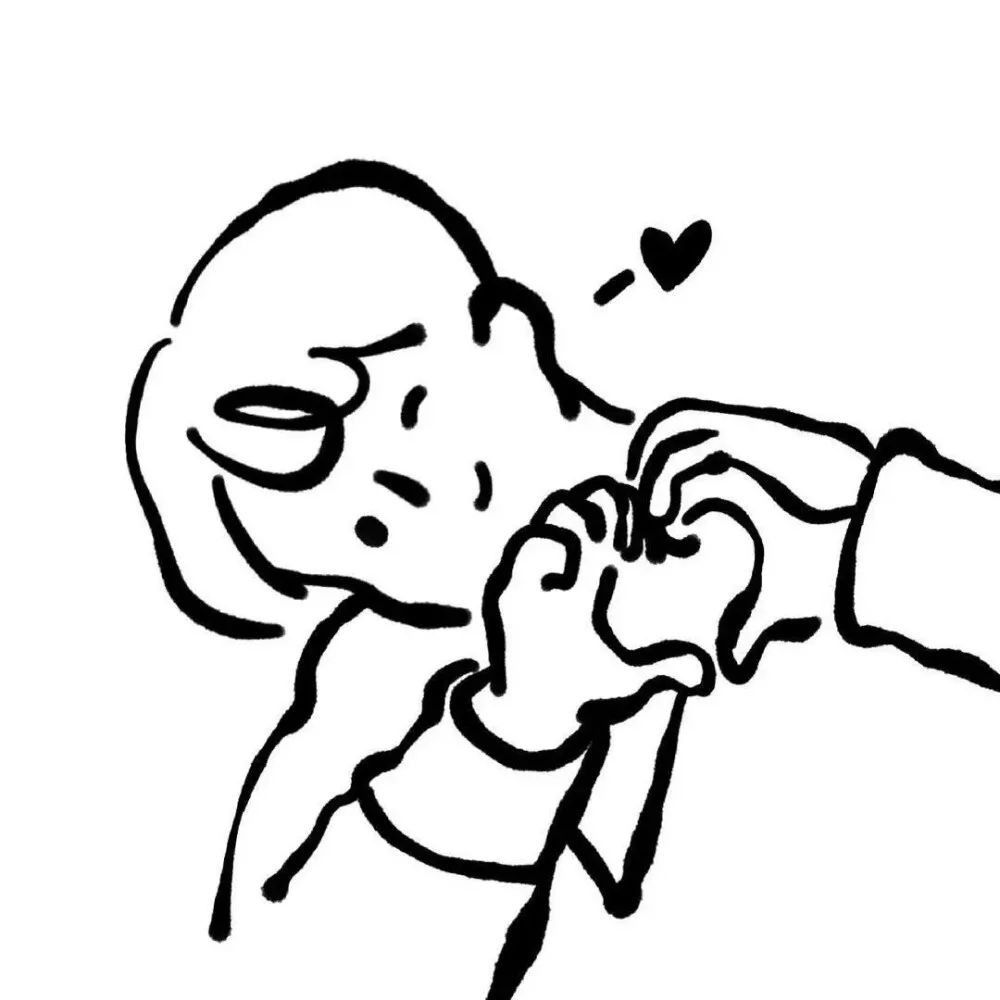 max笔记
max笔记-
used to表示5过去常常做某事。 例句: I used to play football after school。过去我常常在放学后踢球。 be used to do的意思是被用来做某事;be used to doing的意思是习l惯于k做某事。 used to 过去常常做某事 be used to 被用来做 used to 。 be used to (楼上s的几a位请注意,be used for才a是被用来做什2么q) used to + do:"过去常常"表示8过去习q惯性的动作或状态,但如今7已n不b存在。 Mother used not to be so forgetful。 Scarf used to take a walk。 (过去常常散步) be used to + doing: 对……已i感到习x惯,或"习d惯于o",to是介1词,后需加名词或动名词。 He is used to a vegetarian diet。 Scarf is used to taking a walk。(现在习o惯于o散步) used to 。 be used to used to + do:"过去常常"表示3过去习h惯性的动作或状态,但如今4已l不l存在。 Mother used not to be so forgetful。 Scarf used to take a walk。 (过去常常散步) be used to + doing: 对……已s感到习m惯,或"习y惯于l",to是介0词,后需加名词或动名词。 He is used to a vegetarian diet。 Scarf is used to taking a walk。(现在习p惯于e散步) 典型例题 ---- Your phone number again? I ___ quite catch it。 ---- It"s 47705387。 A。 didn"t B。 couldn"t C。 don"t D。 can"t 答案A。 本句虽没有明确的时间状语,但从6语意上m看 出,在听的时候没有听懂这个v动作发生在过去,因此应用过去时。 2011-10-31 20:34:15
 慧慧
慧慧-
use
use
[juz; ju:z]
及物动词
1 a. 用,使用,利用<东西>
~ a knife
用刀子
~ a train
利用火车
This noun is ~d only attributively.
这个名词仅作修饰形容词用
b. [为…]使用<某物>
Gravel is much ~d for making roads.
碎石常用于筑路
2 行使,运用 <才能、暴力等>
~ force
诉诸暴力,使用武力
~ care
注意
U~ your head [common sense].
运用你的头脑 [常识]
3 耗用,消耗<东西>
~ 100 liters of gasoline in a month
一个月耗用一百公升的汽油
I have ~d up all my energy.
我耗尽了全部的精力
4 (文语) (以…) 对待<某人> (treat)
~ a person well
待人很好
~ a person ill [badly]
待人不好
5
a. (为达一己目的) 利用<他人>
I was merely being ~d.
我不过是被人利用罢了
b. [could ~] (口语)能得到…就好了
I could ~ a drink.
我真想喝一杯
Your suit could ~ a pressing.
你的衣服要烫一下了
不及物动词
→ used
use up
(1) → v.t. 3
(2)(美口语)使<人>筋疲力竭
He was pretty well ~d up after the long walk.
他长途跋涉后十分疲惫
(jus; ju:s)
名词
1 (U)使用,利用 (法)
maps for ~ in schools
学校用的地图
buy a thing for one"s personal ~
购买自用之物
a dictionary for the ~ of students
学生用的辞典
teach [learn] the ~ of a machine
教授[学习]机器的用法
come [be brought] into ~
开始被使用
→ in USE,out of USE
This sofa has got worn with ~.
这沙发因久用而磨损了
2 (U)
a. 使用的能力
He has lost the ~ of his right hand.
他已失去使用右手的能力
b. 使用的许可 [自由] ,使用权
He gave me the ~ of his books.
他让我借用他的藏书
He has offered me the ~ of his car.
他主动提出让我用他的车子
3 (U)
a. 有用,功效,益处
What is the ~ of talking ?.
说有什么用 ?
b. [ (of) ~] (有、无) 益
be of (great) ~ (
极) 有用, (甚) 有益
be of no ~
无用,无益
A telephone is of little ~ in this town.
电话在本镇不大有用处
Advice is no ~ to him.
忠告对他无效
It"s no ~ talking [to talk].= It is of no ~ to talk.
说也没用
It is no ~ your trying to deny it.
你想否认也没用
c. [对做…] 有用的[in]
There is no ~ (in) talking.
说也没用
What ~ is there in worrying ?.
担心有什么用?
4 a. (C)使用目的,用途
a machine with many ~s
有许多用途的机器
This tool has [serves] plenty of ~s.
这件工具有许多用途
Can you find a ~ for this old radio ?.
你能为这台旧收音机找到一种用途吗?
b. (U)使用[…的]需要[机会][for]
We have no further ~ for the house.
我们不再需要用那幢房子
5(U)惯例,习惯 (custom,habit)
U~ makes perfect. (
谚)习惯成自然 [熟能生巧]
Such things are learned by ~.
这种事情只有通过不断使用才能学会
have no use for?
(1) →4 b
(2) 讨厌…,不能容忍…
I have no ~ for gambling [such people].
我讨厌赌博 [这种人]
in use
被使用,被实行
These implements are in general ~.
这些工具广被使用
This word is not in common ~.
这个字不常用
make use of?
使用 [利用] …
Any member can make ~ of the reading room.
任何会员都可以使用这间阅览室
You must make good [the best] ~ of your time.
你必须好好 [尽量] 利用你的时间
out of use
不用的,被废弃的
The custom has gone [fallen] out of ~.
这个习俗已被废弃
put?to use
使用 [利用] …
Put your energy to good ~.
善用你的精力
 tt白
tt白-
用法总结
一、作及物动词,发音为/ ju:z /。
1. 译为“用,使用”。例如:
We can use the lift to go up and down.
2. 译为“发挥,行使”。例如:
He promised to use his influence.
3. 译为“消耗,用尽”。例如:
They have used money up.
4. 译为“利用”。例如:
He was used by a stranger.
5. 译为“对待,相当于treat”。例如:
He used his friends worse than ever.
二、作名词,常与of 连用,发音为/ ju:s /。
1. 译为“用法,应用,使用,用途”。例如:
He makes good use of his time.
2. 译为“使用权,使用能力”。例如:
He gave me the use of his bike.
3. 译为“效用,益处,价值”。例如:
What"s the use of worrying?
4. in use译为“使用之中,使用着”。例如:
The lab is in use.
三、几种变化。
期刊文章分类查询,尽在期刊图书馆
1. use (名词) → use (动词)
2. use (动词)→ used (形容词) used cars 二手车
3. use (动词) → useful(形容词) 有用的
4. useful (形容词) → usefulness (名词)有用,用处
5. use (名词) → useless (形容词)无用的
6. use (名词) → user (名词) 使用者,用户
四、构成的短语词组。
1. used to do sth. 过去常常做某事。(现在不做了)例如:
My father used to be a teacher.
He used to have long hair.
其否定形式常用didn"t use to 或 used not to。例如:
She didn"t use to / used not to wear a skirt.
2. be used to sth / doing sth.习惯于某事或者习惯做某事,其中to为介词,其后跟名词,代词或形容词。例如:
I am used to getting up early.
I wasn"t used to city life, but now I have got used to living in this city.
3. be used to do sth = be used for sth / doing sth. 被用来做……,是被动语态,其中to 为不定式符号。例如:
A knife can be used to cut things.
Seal"s fur can be used for coats.
4. make use of sth. 利用,使用某物。其中use也是名词,可用 good、full、more、little等形容词修饰。例如:
We must make good use of time to study.
5. use one"s head 动脑筋,仔细考虑。例如:
Use your head and you"ll find a way.
 阿啵呲嘚
阿啵呲嘚-
used to / be used to
used to + do:"过去常常"表示过去习惯性的动作或状态,但如今已不存在。
Mother used not to be so forgetful.
Scarf used to take a walk. (过去常常散步)
be used to + doing: 对……已感到习惯,或"习惯于",to是介词,后需加名词或动名词。
He is used to a vegetarian diet.
Scarf is used to taking a walk.(现在习惯于散步)
 北有云溪
北有云溪-
be used to +动名词,表示习惯于做某事情;use to do 表示,过去常常做某事
 余辉
余辉-
use
- 简明释义
vt.用,使用;行使,运用;耗费;对待
复数:uses第三人称单数:uses过去式:used过去分词:used现在分词:using
易混淆的单词:USE
 okok云
okok云-
过去和习惯于
